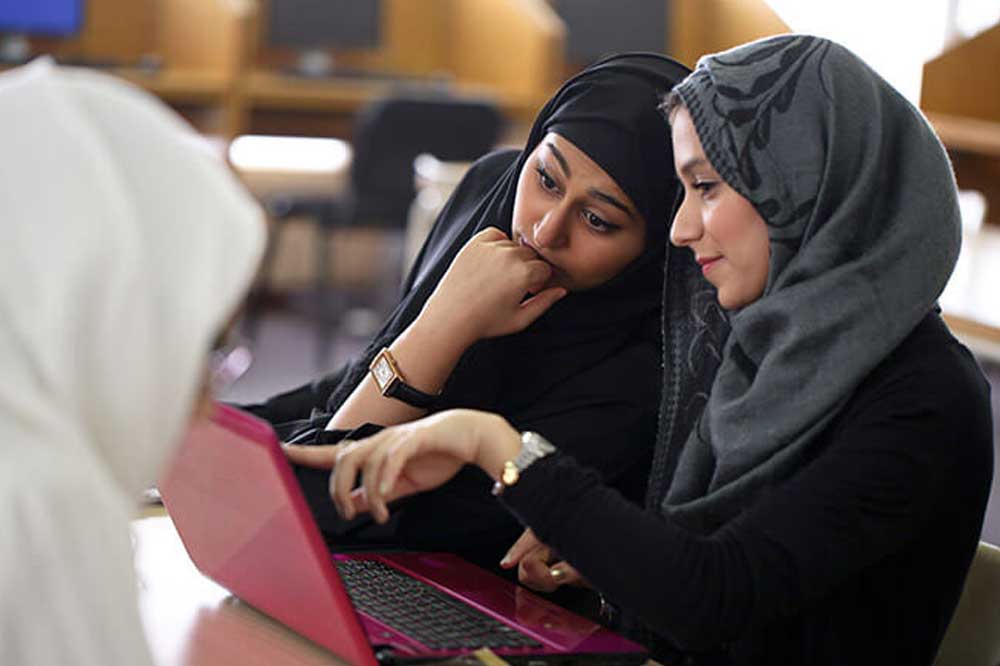
Photo via Effat University
Every year, hundreds of thousands of students across Saudi Arabia sit for the Tahsili or Standard Achievement Admission Test (SAAT). However, with the current pandemic still underway, strict preventive measures mean that the country will remain in lockdown during the Tahsili period. That is why Saudi Arabia’s Education and Training Evaluation Commission (ETEC) developed a platform that utilizes artificial intelligence (AI) technology to allows students to do this year’s test from the comfort of their homes.
According to Saudi Gazette, “the platform relies on AI technology that uses 40 standards that can detect violations accurately. The platform also adopts the highest security measures in line with best international practices for saving and encrypting data.”
These Saudi women have just earned themselves a spot in Forbes magazine for their trailblazing work in AI. https://t.co/St0gAytehp
— About Her (@AboutHerOFCL) April 6, 2020
As the ETEC already has a computerized version of the test, it is looking to ensure the remote online experience is similar and as smooth for the end user. Indeed, the portal also allows students taking the test to continue doing so even in the case of lost or suspended internet connection. The new platform will also provide a myriad of resources for students, from open access educational content to question banks, online lessons to various course activities.
It is not only the ETEC that is working on ensuring that the academic year in Saudi Arabia continues as usual. Over the course of the year, the Saudi Education Ministry has been utilizing a number of digital platforms such as Future Gate, Ein TV, iEn National Education Portal, and the Unified Education System (VSchool.sa), which has led to the successful completion of the second semester of the school year.
With Saudi Arabia's developing digital infrastructure, the virtual semester was bound to be a great success https://t.co/1QlYTpI5QL
— About Her (@AboutHerOFCL) May 22, 2020
In addition to its efforts in the education sector, the Kingdom has been working on developing its digital infrastructure across the board, most recently providing an extensive optic-fiber network that is set to benefit over 3 million households. Indeed, as part of its Vision 2030 objectives, Saudi Arabia plans to develop its telecommunications and IT infrastructure, exceeding 90 percent housing coverage in densely populated cities and 66 percent in other urban zones.
















